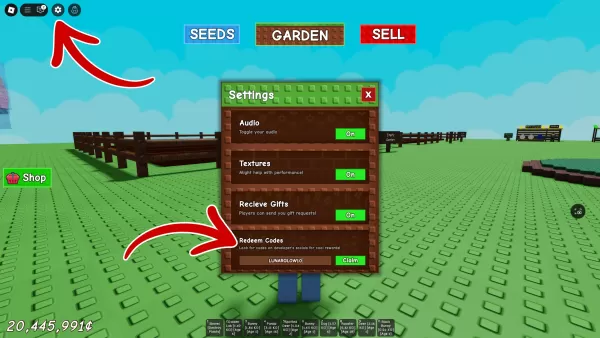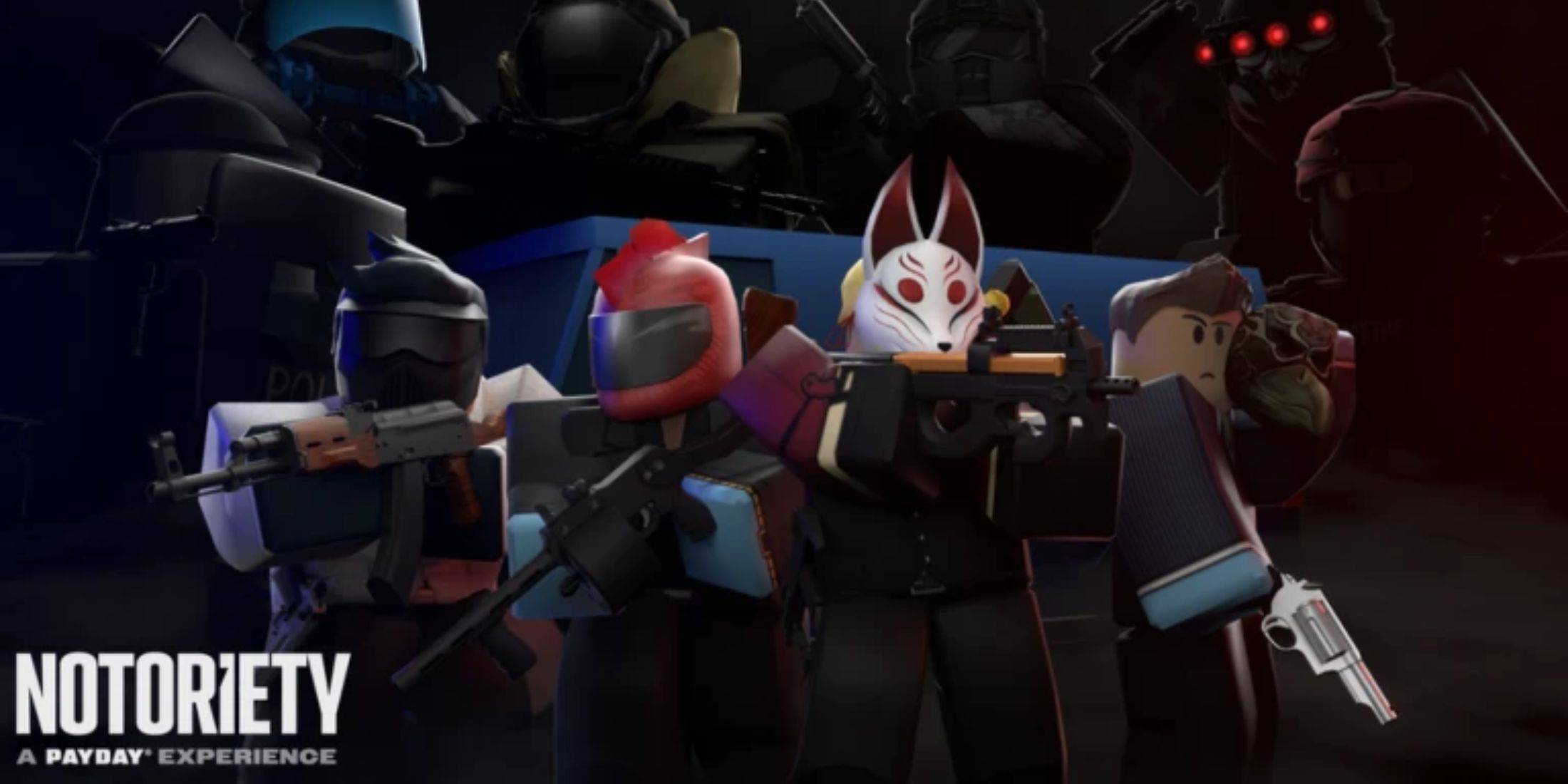Ex-Blizzard Leaders Unveil New Venture at Dreamhaven Event
Five years ago, Mike and Amy Morhaime founded Dreamhaven with a vision to revolutionize the gaming industry. In an interview with the founding members, they expressed their goal to create a sustainable publishing and support system for game studios, including their own newly established studios, Moonshot and Secret Door, and other carefully selected partners.
Mike Morhaime ambitiously declared Dreamhaven's mission: "We want, if I may be so bold as to say, to be a beacon to the industry," symbolized by the company's lighthouse logo. He emphasized their aim to foster a better approach to game business and operations, which would enhance both product quality and workplace culture, potentially uplifting the entire industry.
At the time of Dreamhaven's inception, numerous studios led by former AAA executives were emerging with similar aspirations for sustainability. However, the industry faced significant challenges, including a global pandemic, economic instability, widespread layoffs, studio closures, and project cancellations. Many of these promising studios were unable to fulfill their visions, either shutting down prematurely or postponing their goals.
Despite these challenges, Dreamhaven has thrived. At The Game Awards, they showcased an impressive lineup of four games. Internally developed titles include Sunderfolk, a turn-based tactical RPG with couch co-op set to release on April 23, and the newly announced Wildgate, a crew-based first-person shooter focused on space heists. Externally developed games under Dreamhaven's publishing wing include Lynked: Banner of the Spark, an action-RPG from FuzzyBot in LA, currently in early access with a full launch scheduled for May, and Mechabellum, a turn-based tactical auto-battler from Chinese studio Game River, which launched last September and is poised for long-term updates with Dreamhaven's support.
Dreamhaven's activities extend beyond these four games, as they support ten other external studios, many founded by ex-AAA developers. This support ranges from investments and consultancy to fundraising and, occasionally, publishing assistance. Mike Morhaime, speaking at the Game Developers Conference (GDC), described Dreamhaven's goal to create a "net" to capture and nurture the industry's dispersed talent.
Wildgate - First Screenshots
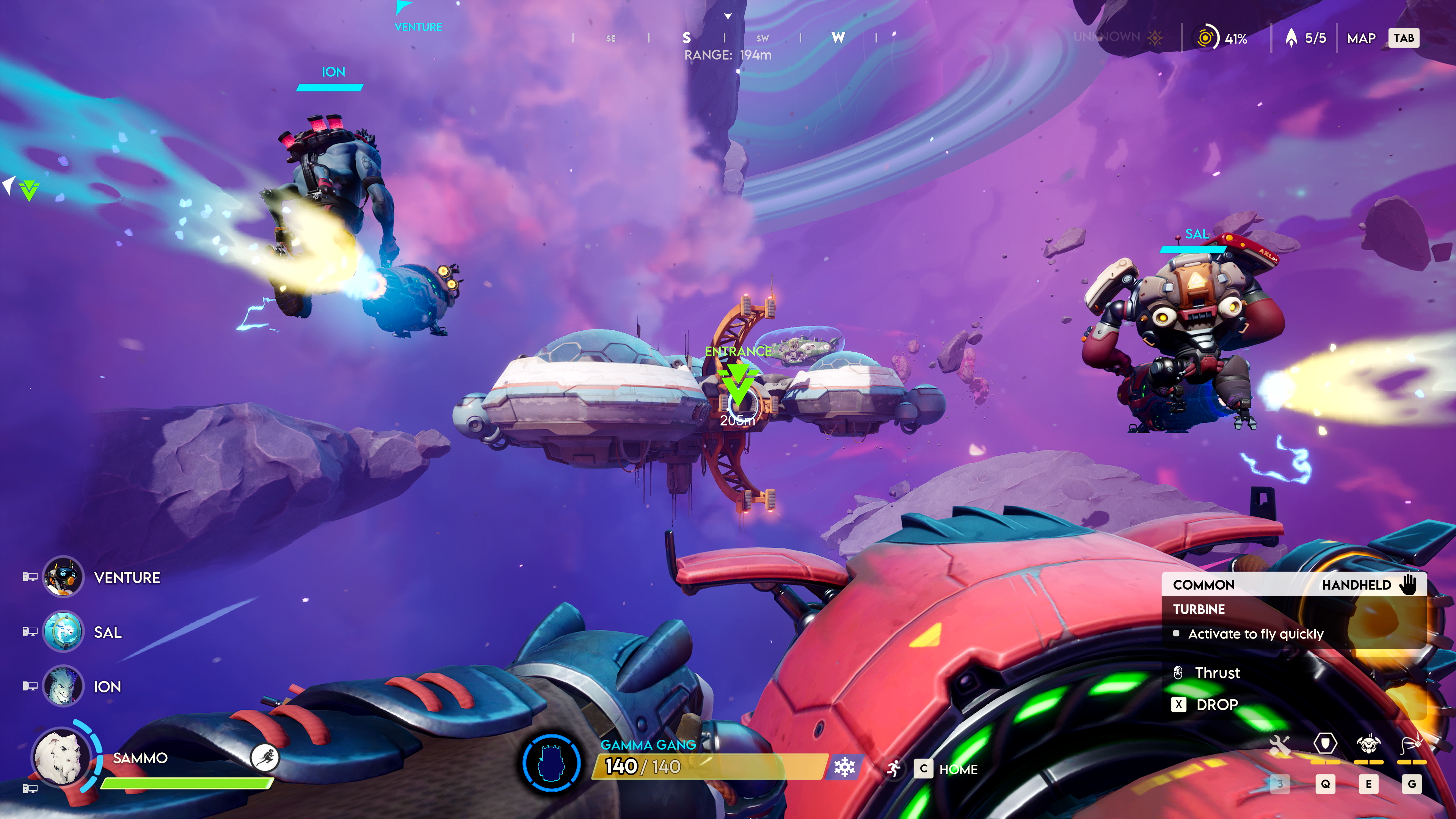
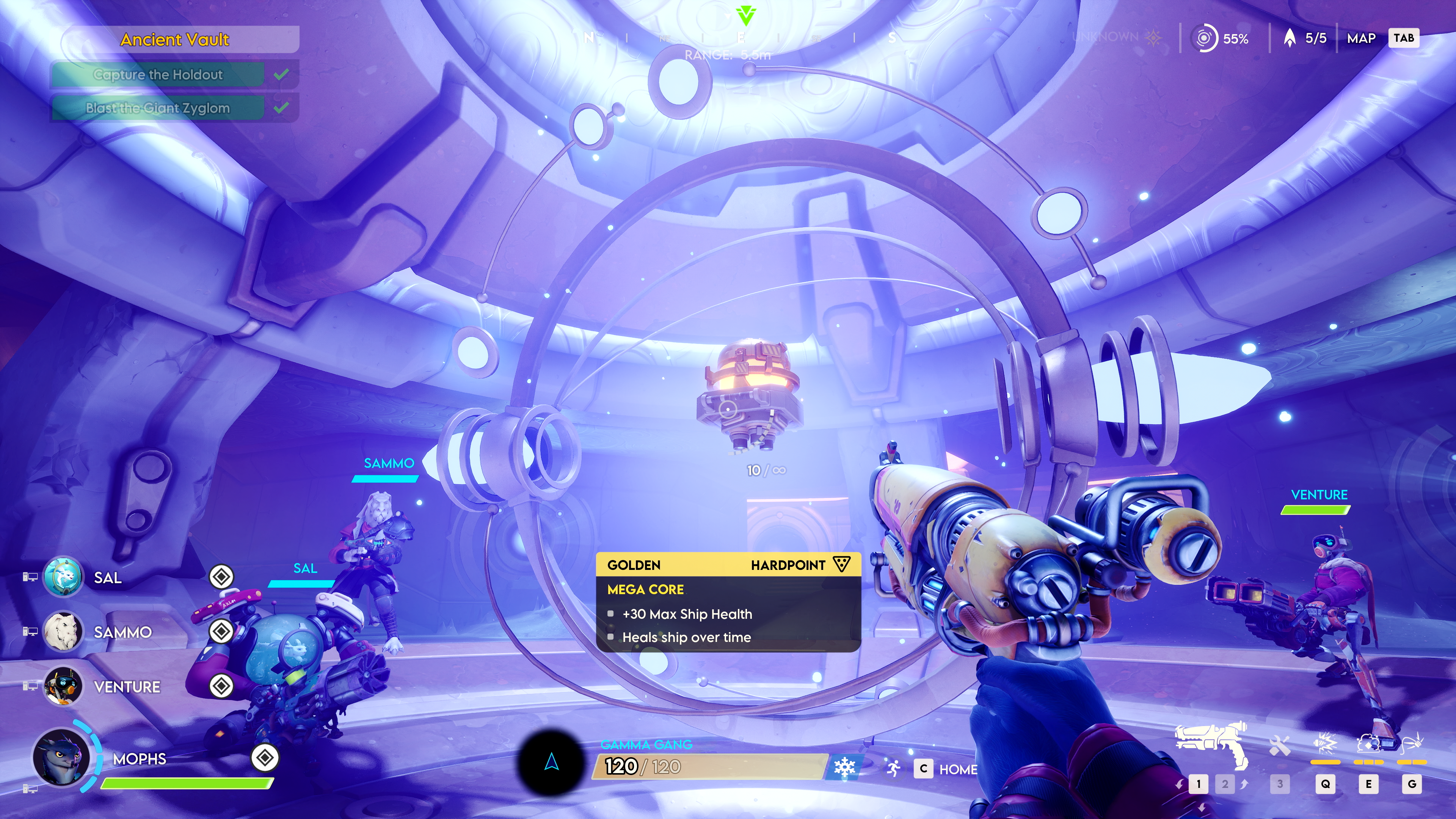 10 Images
10 Images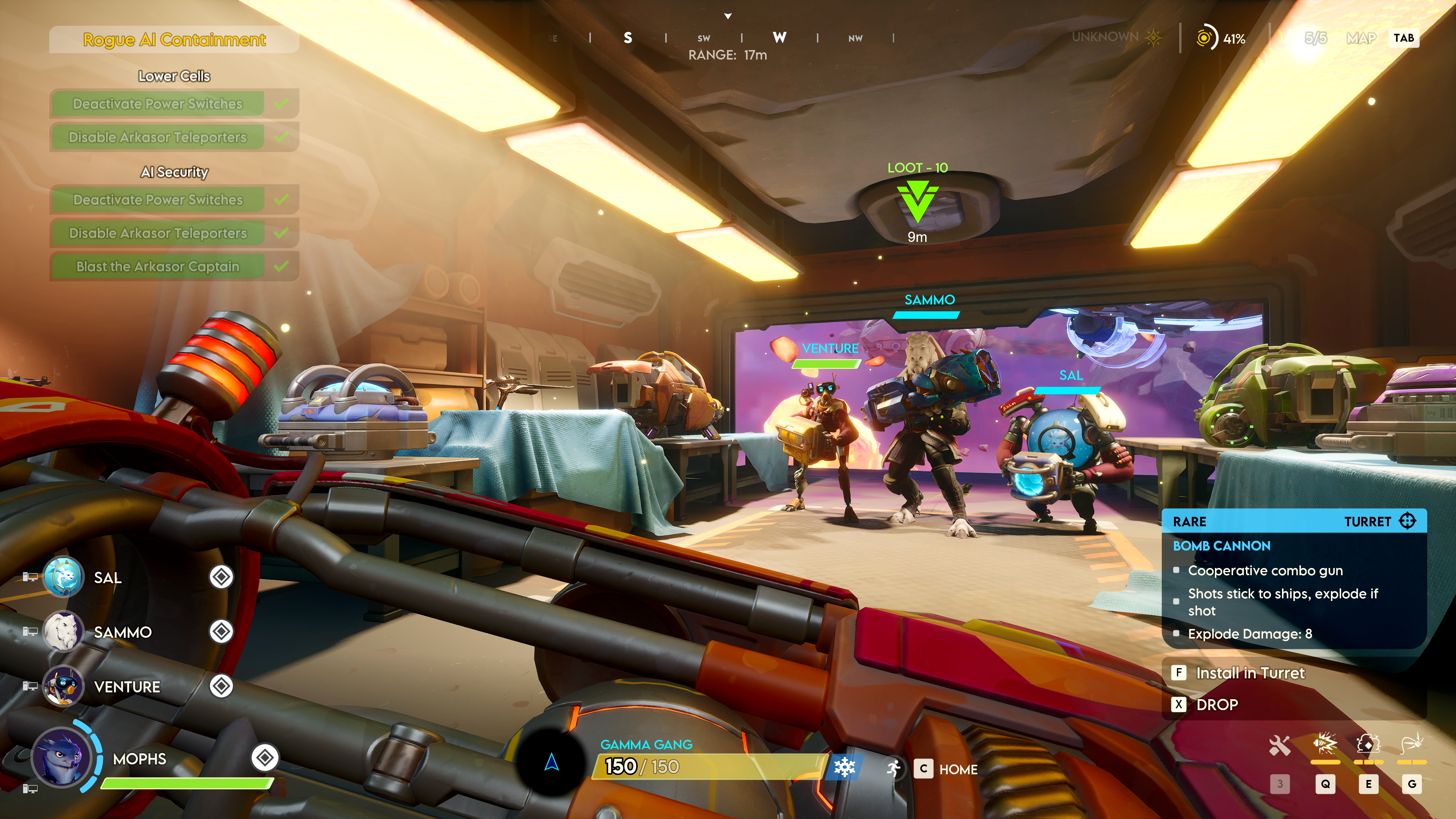
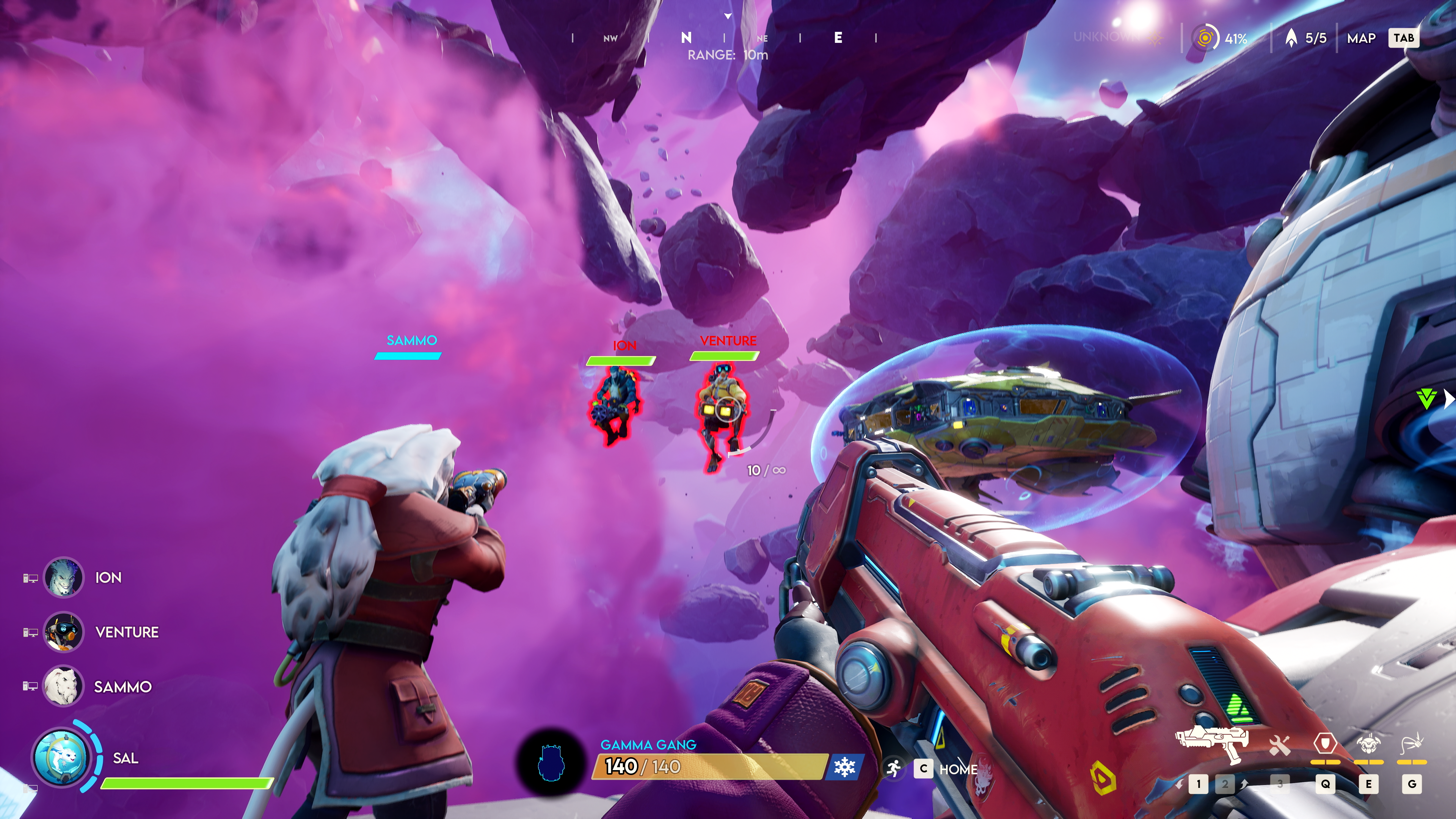
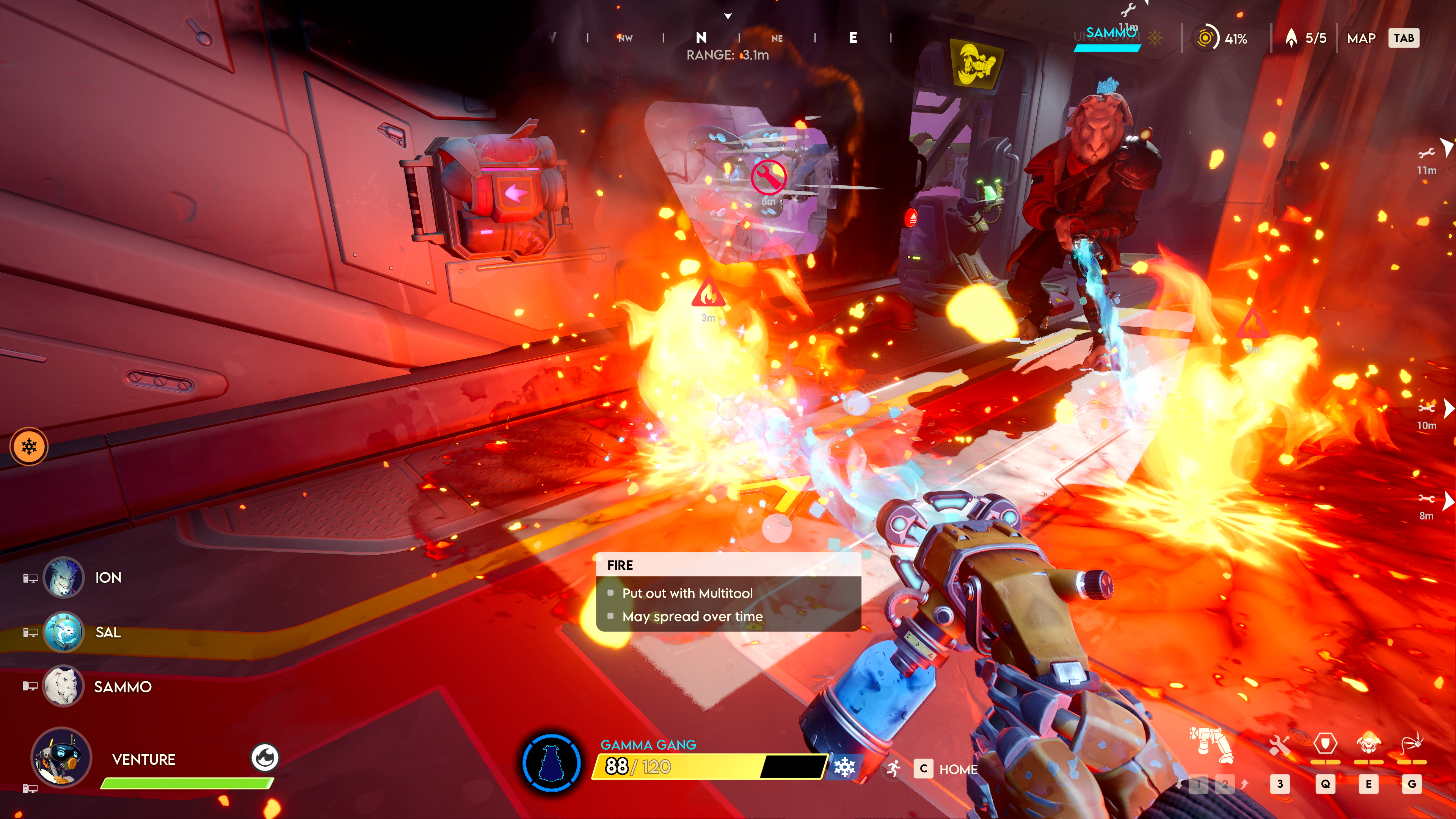
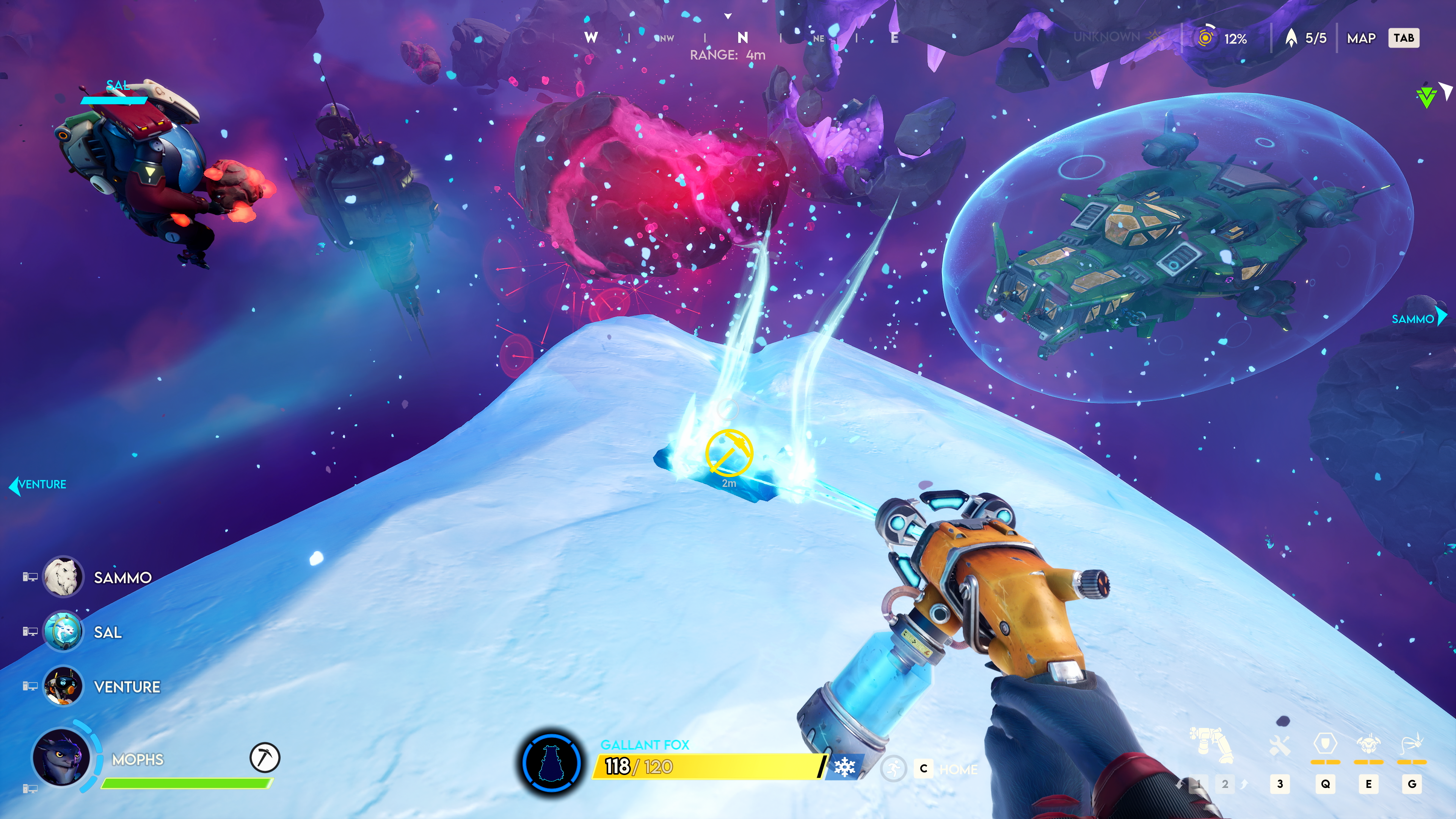
Morhaime emphasized the importance of industry relationships and the desire to help these studios succeed. Amid discussions at GDC about the industry's ongoing crisis and the tension between profitability and creativity, Morhaime argued that the two are not mutually exclusive. He believes that allowing room for occasional failure is essential for fostering innovation and creating exceptional games.
Reflecting on his time at Blizzard, Morhaime highlighted the value of an iterative development process, which allows for flexibility and adaptation in the face of unexpected challenges. In contrast, he noted that Dreamhaven's approach gives significant agency to studio leadership teams, fostering a partnership between studios and the central company.
Regarding new technologies, Morhaime expressed cautious optimism about generative AI, acknowledging its potential while recognizing the legal and ethical complexities it introduces. Dreamhaven has limited its use of AI to research and internal policy drafting, ensuring it does not impact their games directly.
On the topic of the Nintendo Switch 2, Morhaime sees console transitions as both disruptive and invigorating for the industry. While Sunderfolk and Lynked are slated for the Switch, Wildgate remains notably absent from the platform.
As we concluded our discussion, I asked Morhaime if Dreamhaven has achieved its mission to be a "beacon to the industry." He responded that while they are not there yet, releasing successful and beloved games is crucial. Morhaime hopes to build a reputation where the Dreamhaven brand signifies quality and trust, encouraging gamers to explore their titles across all genres with anticipation and excitement.
-
When director Hugo Martin revealed at Xbox’s Developer Direct that Doom: The Dark Ages embraces a “stand and fight” philosophy, it immediately piqued my interest. This approach contrasts sharply withAuthor : Owen Aug 26,2025
-
Nintendo Switch 2 reveal event recently concluded Mobile integration sparse, but new app features unveiled Zelda Notes syncs with Breath of the Wild to reveal hidden secrets With theAuthor : Owen Aug 11,2025
- Black Ops 6 Zombies: How To Configure The Summoning Circle Rings on Citadelle Des Morts
- Harvest Moon: Lost Valley DLC and Preorder Details Revealed
- Roblox: Latest DOORS Codes Released!
- Roblox: Blox Fruits Codes (January 2025)
- Silent Hill 2 Remake Coming to Xbox and Switch in 2025
- Roblox: Freeze for UGC Codes (January 2025)

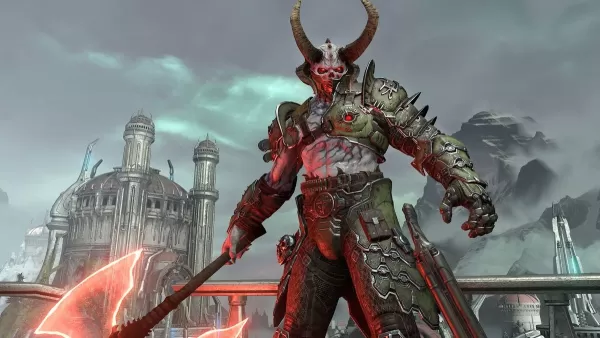
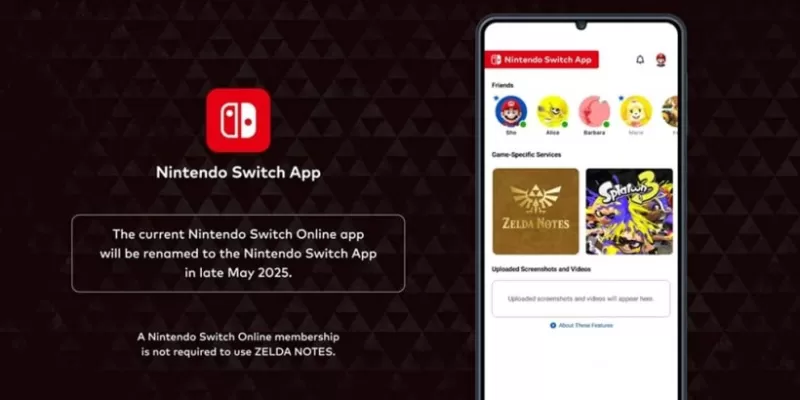

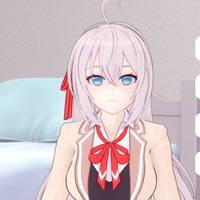
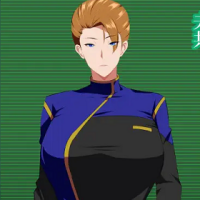

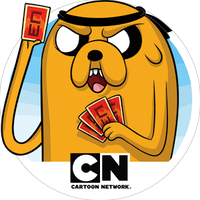


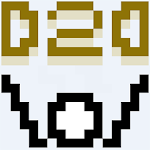

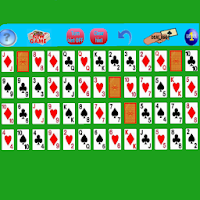
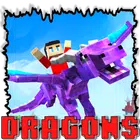
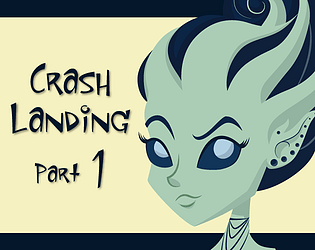


![Taffy Tales [v1.07.3a]](https://imgs.ehr99.com/uploads/32/1719554710667e529623764.jpg)




